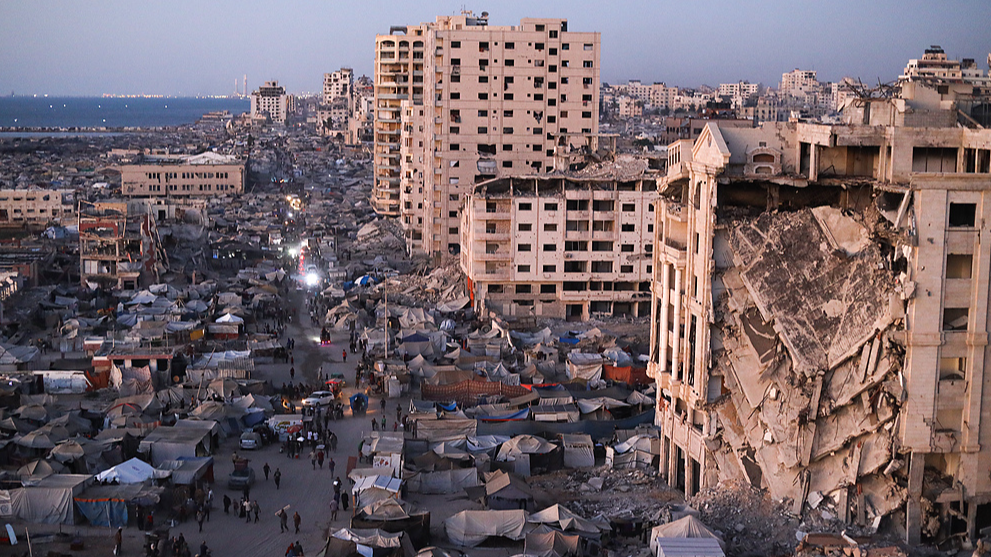Israeli Forces Intensify Gaza City Assault
Israeli forces have escalated their offensive in Gaza City, launching heavy strikes and issuing mass evacuation orders, amid mounting international concern over civilian casualties and humanitarian catastrophe.

Israeli military operations in Gaza City have reached a new level of intensity, with airstrikes leveling high-rise buildings and widespread displacement orders forcing tens of thousands of Palestinians to flee. On Friday, verified footage showed the Mushtaha Tower, a prominent high-rise near civilian encampments, collapsing after being struck by at least three Israeli projectiles. The Israel Defense Forces (IDF) claimed the building was used by Hamas for military purposes, but the tower’s management and Hamas officials categorically denied these allegations, asserting that only displaced civilians had access and that no military equipment was present. Such conflicting narratives are common in the information war surrounding Gaza, with both sides seeking to shape international perception.
Israeli Defense Minister Israel Katz declared on social media, “Now the bolt is being removed from the gates of hell in Gaza,” vowing that IDF activity would escalate until Hamas agreed to Israel’s terms or faced destruction. This rhetoric, heavy with emotional and apocalyptic imagery, is a hallmark of wartime propaganda, designed to rally domestic support and justify military escalation. Meanwhile, Palestinian officials accused Israel of manufacturing pretexts to continue what they described as a campaign of extermination and total destruction.
Humanitarian Crisis Deepens
International human rights organizations and United Nations agencies have sounded the alarm over the escalating humanitarian crisis. Amnesty International condemned the assault, warning that the intensified offensive and mass displacement orders would have “catastrophic and irreversible consequences” for Gaza’s civilian population. The organization accused Israel of pursuing a deliberate policy of starvation and collective punishment, which it characterized as part of an ongoing genocide against Palestinians in the occupied territory. Amnesty further warned that the forced displacement of civilians could constitute a war crime under international law.
UN agencies reported that the situation for civilians in Gaza City is dire, with many unable to evacuate due to disability, age, or lack of resources. The UN Office for the Coordination of Humanitarian Affairs (OCHA) highlighted the plight of vulnerable groups, including people with disabilities and the elderly, who are often left behind during evacuations. Humanitarian partners noted that over 82,000 new displacements had been recorded in recent weeks, compounding the suffering of a population already battered by months of conflict, famine, and repeated displacement.
Aid Blockades and International Response
Efforts to deliver humanitarian aid remain stymied by ongoing hostilities and Israeli restrictions. While some aid is trickling into Gaza, the volume is grossly insufficient to meet the needs of the population. Humanitarian organizations have repeatedly called for an immediate ceasefire and unfettered access for relief supplies, but these appeals have largely gone unheeded. Amnesty International and UN officials have urged the international community to take concrete action, warning that continued inaction would enable further violations of international law.
The Israeli government maintains that its military actions are necessary to dismantle Hamas’s infrastructure and secure the release of hostages. However, independent observers and rights groups have questioned the proportionality and legality of the operations, citing the high civilian death toll and widespread destruction of civilian infrastructure. Both sides continue to deploy emotionally charged narratives and selective information to bolster their positions, underscoring the need for independent verification and critical scrutiny of all claims.
As the assault on Gaza City intensifies, the civilian population faces an increasingly desperate situation, with little prospect of respite unless international actors intervene decisively to halt the violence and address the underlying causes of the conflict.